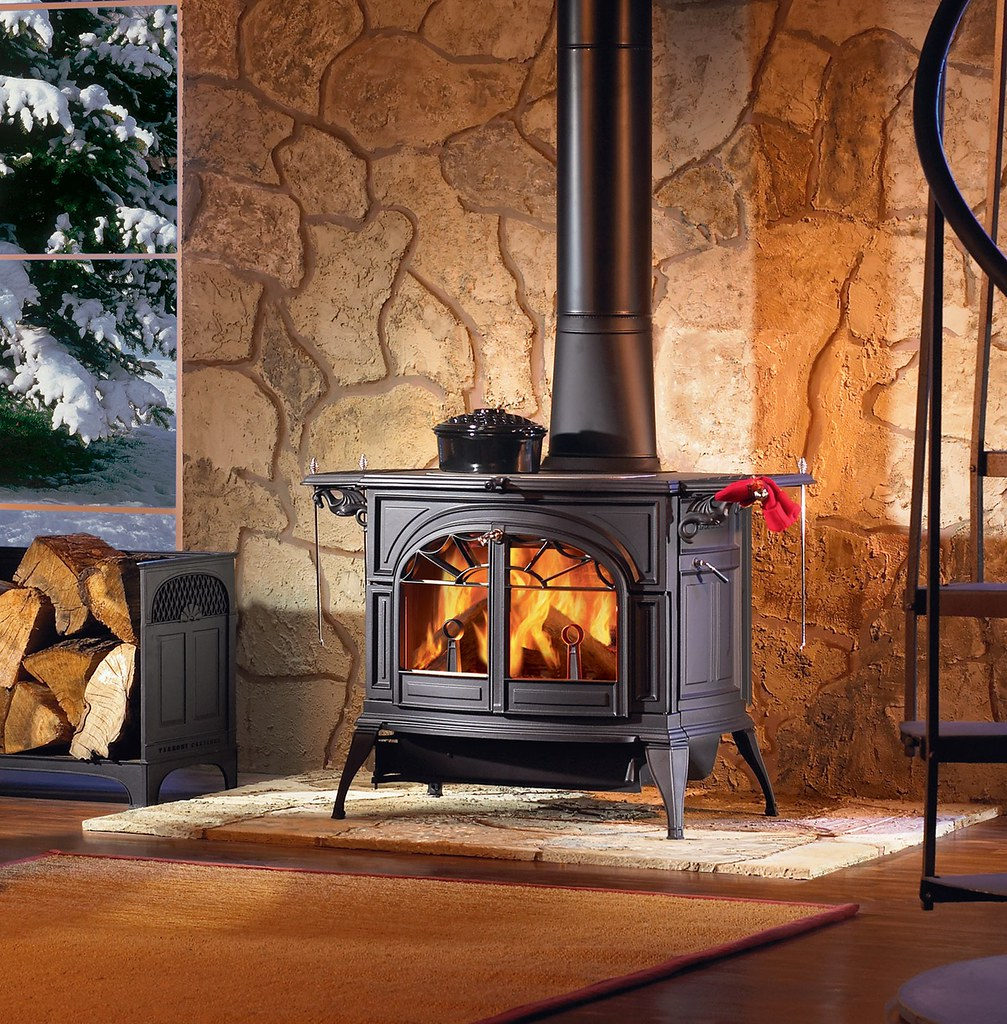
Understanding the Dangers of Burning Wet Wood
The dangers of burning wet wood in a wood stove are multifaceted and can have serious implications for both safety and efficiency. Wet wood can produce excessive smoke and creosote, which lead to potential fire hazards. Creosote buildup in the chimney is a common consequence of burning wet wood, and this buildup can create a fire hazard while also affecting the efficiency of the wood stove. The importance of regular chimney sweeps by professionals cannot be overstated in preventing creosote buildup and mitigating fire hazards. Therefore, it’s essential for individuals to understand these dangers and take proactive measures to mitigate potential risks.
Furthermore, the creosote buildup resulting from burning wet wood can pose a significant fire hazard if not addressed promptly. Creosote is highly flammable, and its accumulation in the chimney can lead to chimney fires, potentially endangering the entire household. Therefore, it is crucial for homeowners to recognize the importance of regular chimney maintenance and seek professional chimney sweep services to mitigate the risks associated with creosote buildup and ensure the safety and longevity of their chimney system.
For example, a homeowner who regularly burns wet wood in their wood stove may notice a decrease in the stove’s heating efficiency and an increase in the frequency of cleaning required. This serves as a clear indicator of the potential dangers and inefficiencies associated with burning wet wood.
Impact on Efficiency and Heat Production
Burning wet wood can significantly impact the efficiency and heat production of a wood stove. When wet wood is burned, it operates at a lower temperature and produces less heat, leading to inefficiency and the requirement for more frequent cleanings. This inefficiency not only affects the warmth generated by the wood stove but also increases the workload on the stove, as it needs to burn more wood to achieve the desired heating effect. This can result in higher fuel consumption and increased costs for homeowners who rely on wood stoves for heating during the colder months.
For instance, imagine burning wet wood in a wood stove during the winter. Instead of experiencing a comfortably warm and toasty environment, the inefficient burning of wet wood might lead to a less-than-ideal indoor temperature, requiring homeowners to burn more wood to compensate for the lack of heat. This not only impacts the overall comfort of the living space but also places additional strain on the wood stove and chimney system, potentially leading to maintenance issues and higher energy bills.
To address inefficiency and ensure proper wood burning, readers can explore the gas logs services provided by Dr. Sweep Chimney and Masonry Services, Inc. These services are designed to optimize the performance of wood stoves and fireplaces, ensuring efficient and effective heat production while minimizing the negative impact of burning wet or improperly seasoned wood. By investing in professional gas logs services, homeowners can enhance the efficiency of their wood-burning appliances, reduce fuel consumption, and create a more comfortable and cost-effective heating experience.
Tips for Drying Wet Wood
Drying wet wood for burning is essential to ensure safety, efficiency, and optimal performance of a wood stove. One effective method for drying wet wood is sun-drying, which involves stacking the wood in a well-ventilated and sunny area to allow the natural heat and airflow to reduce moisture content. This process can be accelerated by placing the wood in a location where it can receive direct sunlight, expediting the evaporation of moisture.
Another approach to drying wet wood is to utilize the residual heat from the wood stove itself. After ensuring the safety guidelines of the stove, placing partially dried or wet wood near the stove can help further reduce its moisture content. However, it’s crucial to exercise caution and follow the manufacturer’s recommendations to prevent any safety hazards. Seeking professional advice and services for drying and storing firewood from Dr. Sweep Chimney and Masonry Services, Inc. can provide valuable insights into these drying methods and ensure the wood is properly seasoned for efficient and safe burning.
By adopting these drying techniques and seeking expert assistance, individuals can effectively prepare their firewood for optimal performance in a wood stove, minimizing the risks associated with burning wet wood and promoting a safe and efficient heating experience.
Health and Environmental Hazards
When wet wood is burned, it can lead to the release of extra smoke and pollutants into the air, posing potential health hazards and environmental impact. The excess smoke and pollutants emitted from burning wet wood can have adverse effects on both indoor and outdoor air quality, contributing to respiratory issues and other health concerns. This is especially concerning for individuals with pre-existing respiratory conditions, children, and the elderly who may be more susceptible to the negative effects of air pollution.
Furthermore, the environmental impact of burning wet wood should not be overlooked. The increased emission of smoke and pollutants can contribute to air pollution, affecting the surrounding ecosystem and wildlife. Additionally, the inefficient burning of wet wood results in wasted energy, as a significant portion of the heat produced is used to warm the water content in the wood to steam, rather than providing warmth to the living space.
It’s important to emphasize the significance of clean and efficient wood burning for environmental and health reasons. By using properly seasoned firewood and ensuring the wood stove operates at optimal efficiency, individuals can minimize the release of harmful pollutants and reduce their environmental footprint. For those seeking professional assistance in maintaining a safe and environmentally-friendly wood burning system, Dr. Sweep Chimney and Masonry Services, Inc. offers expert masonry repairs and chimney maintenance services, focusing on safety, efficiency, and environmental consciousness.
Prioritizing Safety and Efficiency
To summarize, burning wet wood in a wood stove poses a range of risks, from fire hazards due to creosote buildup to environmental and health concerns related to extra smoke and pollutants. It’s clear that using properly seasoned firewood is crucial for maintaining safety, efficiency, and environmental well-being.
In light of these risks, it’s imperative for individuals to take proactive steps to ensure the safety and longevity of their chimney systems. This can be achieved by seeking professional chimney and masonry services from reputable providers like Dr. Sweep Chimney and Masonry Services, Inc. Their expertise in chimney sweep, brick repair, gas logs services, and masonry repairs can help homeowners mitigate the dangers associated with burning wet wood. By prioritizing safety and efficiency, individuals can enjoy the warmth of their wood stoves while minimizing the risks. I encourage readers to visit the website for more details and professional assistance in maintaining a safe and efficient wood-burning environment.
Professional Chimney Sweep Serving Detroit, Rochester, Ann Arbor & Surrounding Areas
As the proud owner of Dr. Sweep, Detroit’s trusted local chimney sweep service, I urge you to take action to safeguard your home and ensure the longevity of your wood stove. Burning wet wood in your wood stove can lead to a host of issues, from reduced heat output and increased creosote buildup to potential chimney fires. Our blog post on this topic sheds light on the critical consequences of using wet wood and emphasizes the importance of proper wood selection for your stove’s efficiency and safety. If you’re concerned about the condition of your chimney or need guidance on using your wood stove effectively, our team at Dr. Sweep is here to help. Reach out to us today for expert advice, thorough inspections, and reliable chimney sweep services, ensuring your home remains a warm, safe haven throughout the chilly Detroit, MI winters.
Dr Sweep
24800 Warner Ave suite 103, Warren, MI 48091
(248) 639-4897



